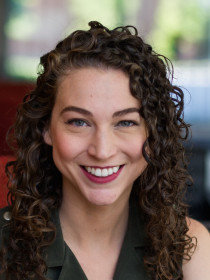
Jillian K. Swencionis
About Jillian
Swencionis's research moves between the laboratory, the field, and surveys to investigate how identity processes relate to disparate behavior.
Contributions
Publications
Examines the effect of proactive control on expressions of implicit racial bias. Presents a model of proactive and reactive control that offers a novel and generative perspective on self-regulation and prejudice reduction.
Investigates individuals' concerns about interpersonal interactions when interacting with higher- and lower-status others, and how individuals manage those concerns. Describes concerns and behavioral consequences involved in interpersonal interactions across social status divides, in particular a tendency of downward ingratiation and cooperation.
Maps the situational risk factors, that make individuals more likely to engage in disparate treatment—even without overt prejudice, to common experiences in modern patrol policing.
Investigates how individuals cope with social status divides in interpersonal interactions. Provides evidence that social status differences shift individuals' interaction goals in conveying two central dimensions of impression formation, warmth, and competence.
Examines why people have superior recognition memory for own-group members compared to other-group members. Provides evidence for one motivational mechanism underlying own-group bias: social belonging needs. Suggests that chronic belonging needs and social exclusion motivate own-group bias.